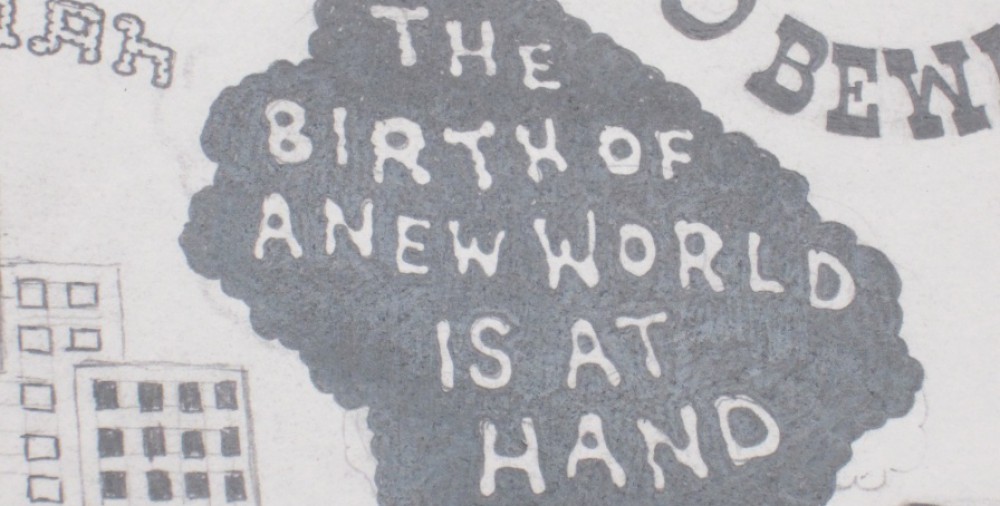Shadows are mysterious; it resembles the idea of something unknown-something that is not identifiable. Ursula Le Guin, writer of The Day Before the Revolution and The Ones Who Walk Away from Omelas, exposes the lurking shadows that are found in the City of Omelas and the past of Laia Asieo Odo.
As I began to read the literature piece The Ones Who Walk Away from Omelas I did not expect this city to be connected to something so dark and deceiving. I painted this beautiful scenery in my mind as I began to read the first couple of paragraphs, Le Guin describes the “perfect” place, “perfect” setting and “perfect” people according to the city of Omelas. She described a place that seemed too good-to-be-true. As I kept reading, I could have never imagined what secret this city has been hiding or even what is the secret for having such a great city?
What separates this city from every other city?
The author stunned me when she stated, “I do not know the rules and laws of their society, but I suspect that they were singularly few…Yet I repeat that these were not simple folk, not dulcet shepherds, nobel savages, bland utopians. They were not less complex than us.” As I piece this puzzle, the city of Omelas is filled with Utopians, who believe in having a near perfect society, very well organized in all aspects in my opinion. This statement stunned me because I believe that perfection does not exist and those who strive to be perfect hide any possible flaw that intervenes with their goal-and I am correct.
As the author describes the secret the City of Omelas has, has had me in awe. It is very heartbreaking-cannot begin to imagine if I were that young boy/girl whose secluded from the entire world and no one cares to take me out of that predicament. But I keep questioning myself, what is the objective of having a child separated from everyone else? Why must every citizen in the town/city ignore this helpless young child? I find it interesting how the author states that once a child reaches a certain age, they visit the young child-maybe to declare some sort of warning?
Regardless, I think it is very inhumane to treat any human in such way, whether it is to help “perfect” a place (perhaps the citizens take out their inner rage on the helpless child in order to not expose any negativity to others?–who knows?!) or even through an obligation. It is just cruel.
There is some connection between The Day Before the Revolution and The Ones Who Walk Away from Omelas, possibly the idea of Odonians?
What I grasp from this story is that a woman named Laia Asieo Odo is surrounded by Odonians, which possibly connects to the city of Omelas. Laia is a widow who has had a major stroke in the past and has affected her life currently. It is a little confusing to me to understand the main point of this literature since I feel like the character travels from the past and present constantly. This literature is a bit more complex than the previous story above.
Overall, both literatures from Ursula Le Guin are very interesting and definitely opens your mind about the ideas of perfection, secrets and how one’s perspective has an impact on others.
Very interesting.



